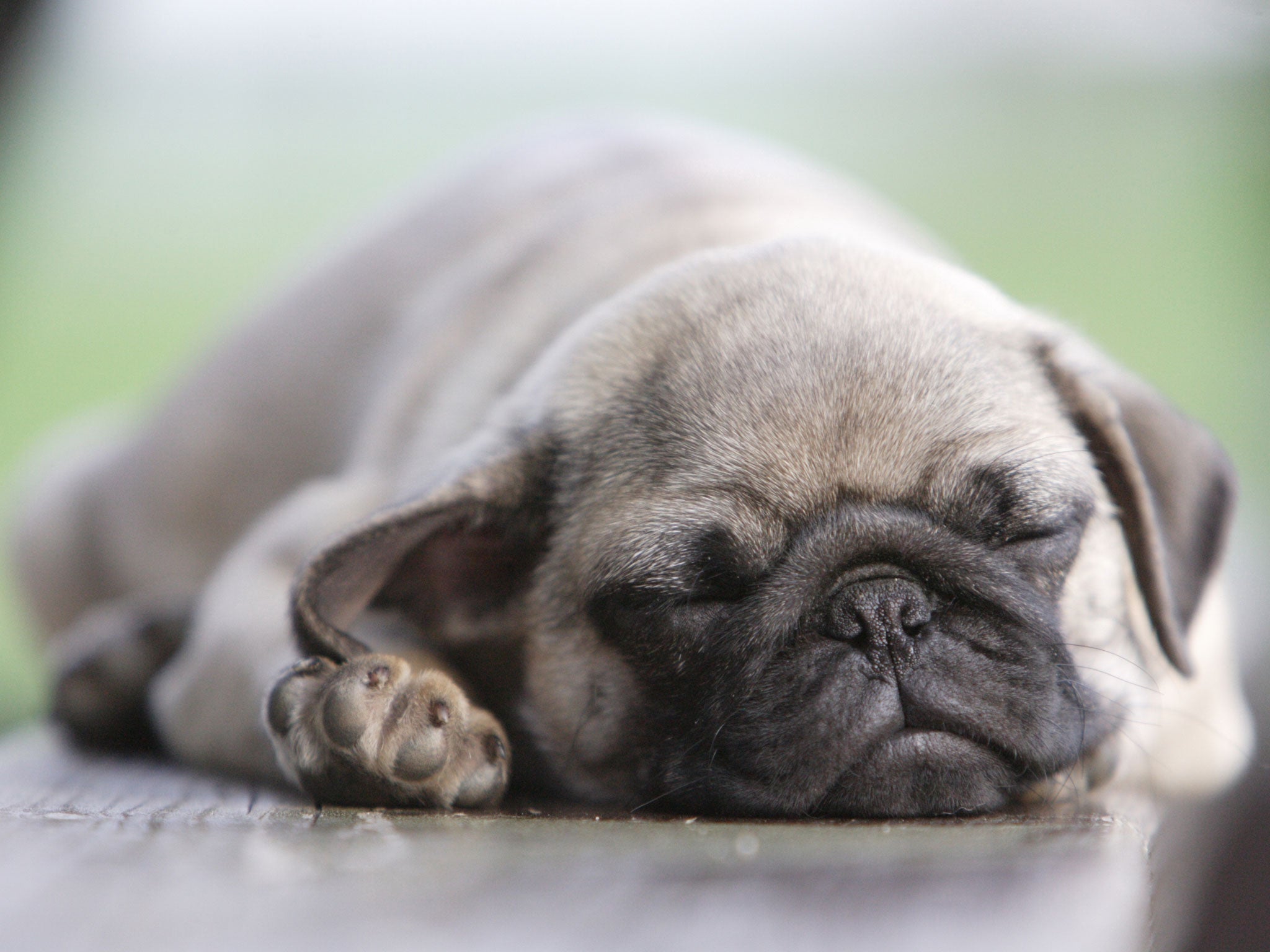The science of sleep: This is why you're tired on Monday mornings
Sorry to say - it's the weekend lie-ins and the drinking

Your support helps us to tell the story
From reproductive rights to climate change to Big Tech, The Independent is on the ground when the story is developing. Whether it's investigating the financials of Elon Musk's pro-Trump PAC or producing our latest documentary, 'The A Word', which shines a light on the American women fighting for reproductive rights, we know how important it is to parse out the facts from the messaging.
At such a critical moment in US history, we need reporters on the ground. Your donation allows us to keep sending journalists to speak to both sides of the story.
The Independent is trusted by Americans across the entire political spectrum. And unlike many other quality news outlets, we choose not to lock Americans out of our reporting and analysis with paywalls. We believe quality journalism should be available to everyone, paid for by those who can afford it.
Your support makes all the difference.With around 100 students scheduled to be in that 9am Monday morning lecture, it is no surprise to anybody that almost 20 people actually make it to the class and only 10 of them are still awake after the first 15 minutes; it’s not even a surprise that most of them are still in their pyjamas. One look around a lecture theatre on a Monday morning will confirm the fact that students are terrible at regulating their sleep cycles to their daily itinerary, but can we blame that on evolution or just poor planning?
Night owls are real
All human beings possess a circadian pacemaker, or body clock in layman's terms. Along with other alerting systems, this regulates the sleep/wake cycle and is therefore one of the main processes which governs sleep behaviour. Typically, the preferred sleep/wake cycle is delayed in adolescents, which leads to many students not feeling sleepy until much later in the evenings. This typical sleep regime of students is usually referred to as the "night owl" schedule of sleep (the term is derived from the principally nocturnal habits of the owl).
This is opposed to the "early bird" schedule, and is classed as a circadian rhythm disorder where the individual tends to stay up much past midnight and has great difficulty in waking up in the mornings. Research suggests that night owls feel most alert and function best in the evenings and at night. Findings from the Aachen University in Germany have shown that approximately 20 per cent of people can be categorised as night owls and only 10 per cent can be categorised as "early birds" - the other 70 per cent are intermediates. Although this is clearly not true for all students, for the ones who are true night-owls this gives you an excellent excuse for missing your lectures which unfortunately fall before midday.
It is fairly obvious that over a typical lifespan, human beings experience huge changes in their sleep patterns due to a variety of different factors. Newborn babies spend around 16 to 20 hours per day asleep and between the ages of one to four, but as they get older, this total sleep time decreases to around 11 to 12 hours per day. Throughout the ageing process, our need for large periods of sleep gradually declines and, at adolescence, research has revealed that individuals will function most efficiently if they get around nine hours of sleep.
The stages of sleep
There are five stages of sleep which recur four to six times every evening and new findings have revealed that each stage of these cycles contribute to maintaining cognitive functioning, mood and memory. If sleep is interrupted, the body does not have time to complete all of the sleep stages and leaves the individual feeling unable to concentrate and suffering from the effects of fatigue. The USA National Sleep Foundation encourages us to take an active role in regulating our sleep schedules by saying, “the one-third of our lives that we spend sleeping, far from being “unproductive,” plays a direct role in how full, energetic and successful the other two-thirds of our lives can be.”
Many people, especially students, tend to believe that if they sleep more on the weekends - when they have few commitments - then they are able to catch up on the sleep that they have missed throughout the week. However, they are unknowingly altering their sleep cycle further and making it even harder to wake up on Monday morning for those dreaded lectures.
The booze isn't helping, either
It is clear that the stress of student life takes its toll and many individuals look forward to the nights where they can let off some steam with a large amount of vodka and lager at the university union. A study of over 500 healthy young adults investigated the effects of drinking on sleep and found that, although the participants fell asleep much quicker, their quality of sleep was impaired.
“Alcohol may seem to be helping you to sleep, as it helps induce sleep, but overall it is more disruptive to sleep, particularly in the second half of the night,” says researcher Irshaad Ebrahim.
With all of the research showing the effects of sleep deprivation and delayed sleep/wake cycles having a negative impact on the individual, it is fair to say that you will be more likely to concentrate and perform better at your degree if your sleep cycle is corrected accordingly. Some tips for maintaining a regular sleep cycle would be to avoid caffeine, alcohol or nicotine in the evening; keep your bedroom at a cool temperature and get regular exercise during the hours of the day.
Join our commenting forum
Join thought-provoking conversations, follow other Independent readers and see their replies
Comments